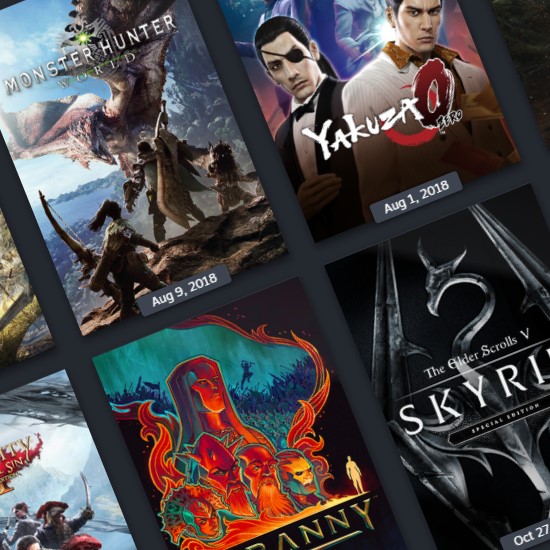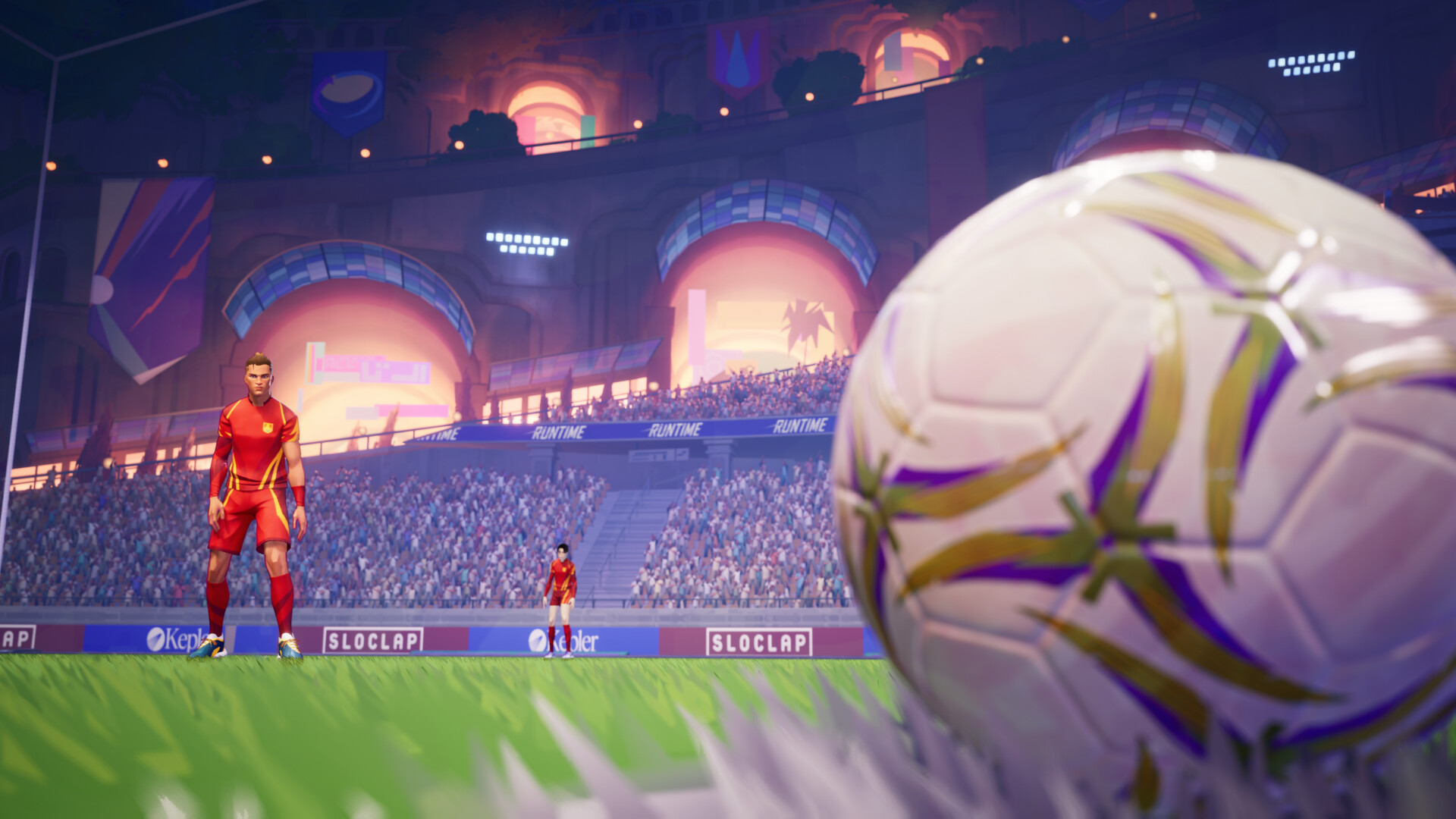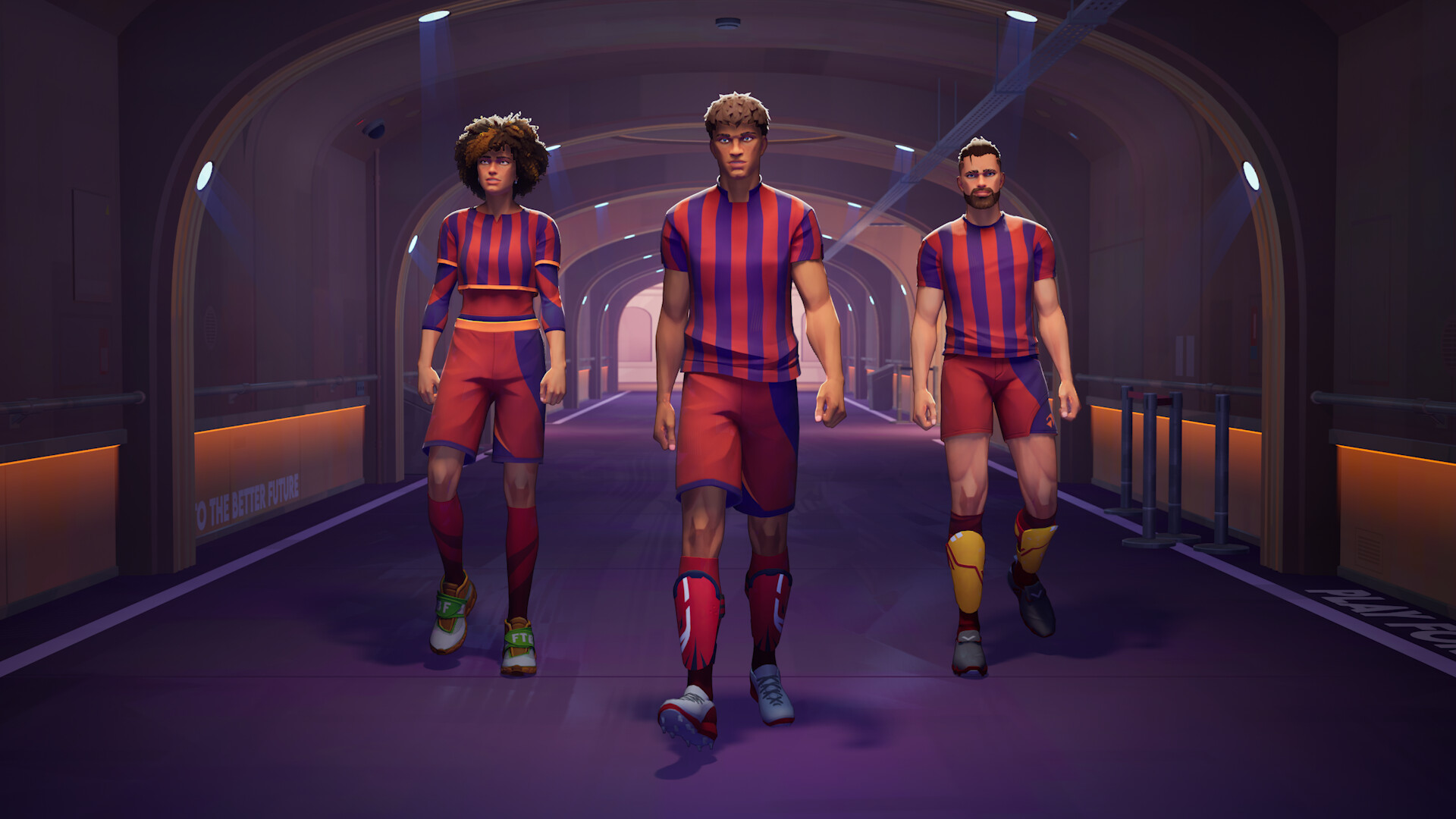
"Just because you are big enough to build something doesn’t mean people will use it."
I will never understand, dear reader, why we keep running into this baffling issue of Valve (and PC gaming in general) being underestimated. Starting at its roots, when basically no-one thought it’d work as a distribution platform—and extending into the modern age. Ethan Evans, who was the former Vice President of Prime Gaming at Amazon until 2020, took to LinkedIn recently to share his wisdom as to why the giant never toppled Valve. And, uh, basically, they thought they could just throw money at the problem.
Alright, I’m being glib here—and hindsight is 20/20—but reading through this explanation has me saying ‘no doy’ like it’s my new catchphrase. Evans is at least being a little self-reflective, though: “As VP of Prime Gaming at Amazon, we failed multiple times to disrupt the game platform Steam. We were at least 250x bigger, and we tried everything. But ultimately, Goliath lost.
“The 15+ year long attempt to challenge Steam started before I was VP of Prime Gaming, but we never cracked the code.” He then maps out the timeline. First, an ill-fated attempt at making Reflexive Entertainment’s online store a thing in 2009: “It went nowhere.” Then, an attempt to make a game store after buying Twitch: “Our assumption was that gamers would naturally buy from us because they were already using Twitch. Wrong.” Lastly, “Luna”, a cloud gaming app that I literally hadn’t heard of until this point. “The whole time, Steam dominated despite being a relatively small company (compared to Amazon and Google).” Thorn, meet side.
That’s not to say the assessment that Valve punches above its weight is inaccurate. In fact, back in 2018, some Valve staff tried to figure out just how efficient they were being despite being relatively small. Turns out, their pound-for-pound efficiency was higher than Apple, Facebook, and basically every tech company. Lower profits overall, sure, but per head, Valve was making some absurd bank.
It’s more the naive fascination Evans has with the idea that Steam is good that baffles me. “The mistake was that we underestimated what made consumers use Steam. It was a store, a social network, a library, and a trophy case all in one. And it worked well.” No doy! Oh, look, I’ve said it again. While the post is couched in the sort of inspirational LinkedIn corporate speech you might expect, Evans really does just seem to state that Amazon has a bit of an ego about, well, damned near everything:
“At Amazon, we assumed that size and visibility would be enough to attract customers, but we underestimated the power of existing user habits. We never validated our core assumptions before investing heavily in solutions. The truth is that gamers already had the solution to their problems, and they weren’t going to switch platforms just because a new one was available.”
Or, in other words, “just because you are big enough to build something doesn’t mean people will use it.” In a later comment, Evans writes: “Steam (Valve) is easy to underestimate.” Really? Really?
It very nearly goes without saying, but since this is an article I should probably say it—this is a fascinating window into the kind of stunning corporate egoism at the very tippy-top of companies like these. It might be accurate to call Amazon a Goliath, but calling Valve a David? Not so much. It’s pretty much always been the PC gamer’s platform of choice—and I say that as a person who gets uneasy about monopolies, but you can’t deny simple facts.
For reference, The Orange Box, which contained Half-Life 2, Portal, and TF2, arguably some of the heaviest hitters in Valve’s arsenal, came out in 2007. Years before Amazon’s ill-fated attempt to spin up a store out of Reflexive Entertainment. Who in their right mind would underestimate them in their heyday? Amazon, I guess, which then spent over a decade presumably going ‘what do you mean it doesn’t work? We have money!’
But it’s not like this kind of underestimation is rare. Sony’s CEO recently went and said he has “high hopes” the company will be able to coerce PC players not just away from Steam, but from their towers entirely. It’s probably an obligatory statement for us here at PC Gamer, but—no, no you aren’t going to do that.
Steam sale dates: When’s the next event?
Epic Store free games: What’s free right now?
Free PC games: The best freebies you can grab
2025 games: This year’s upcoming releases
Free Steam games: No purchase necessary





